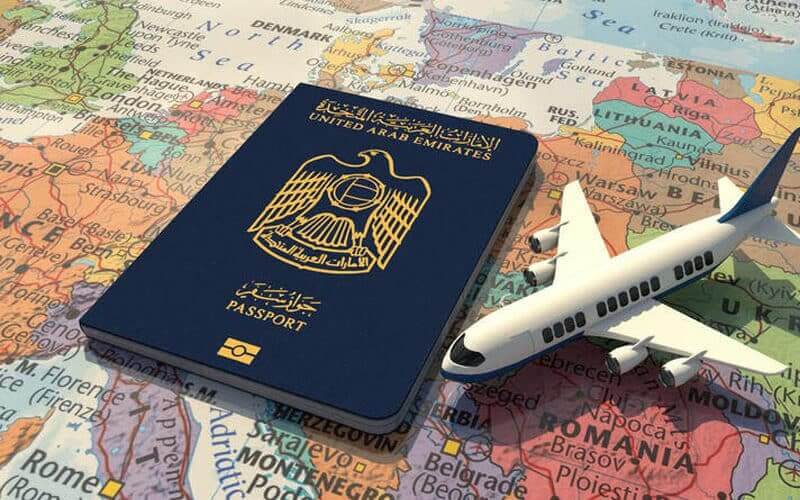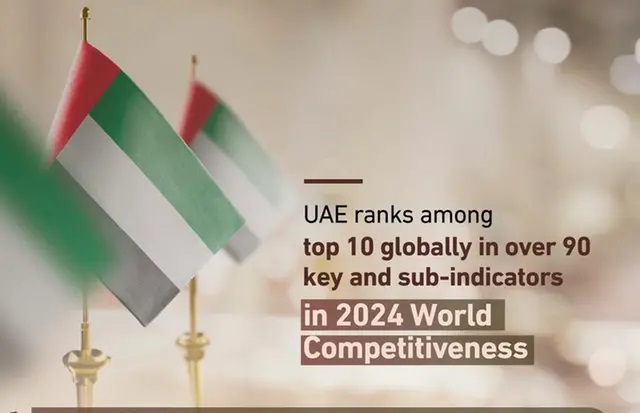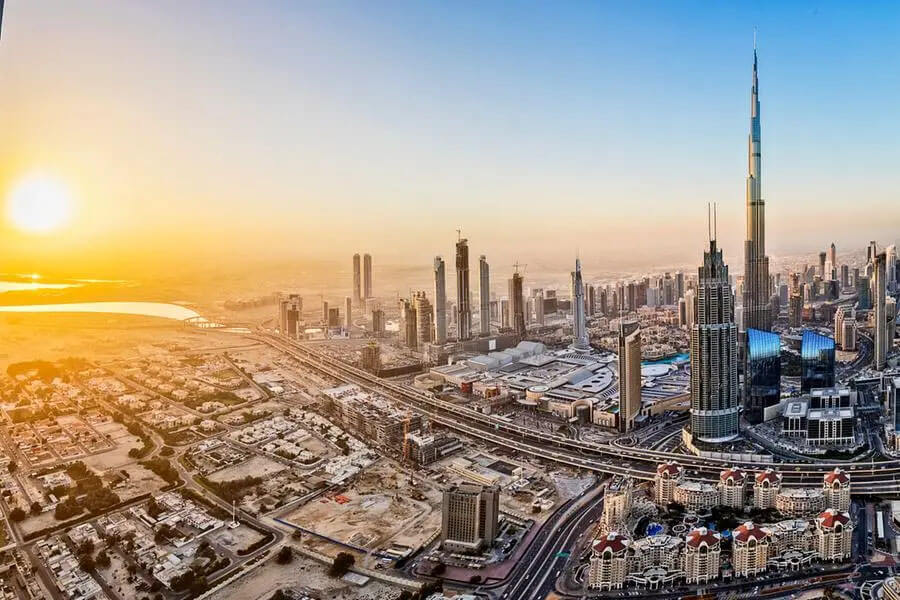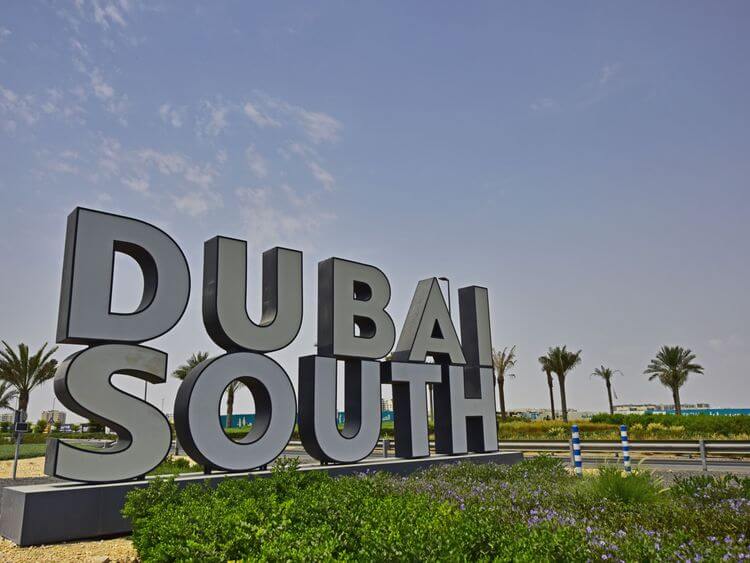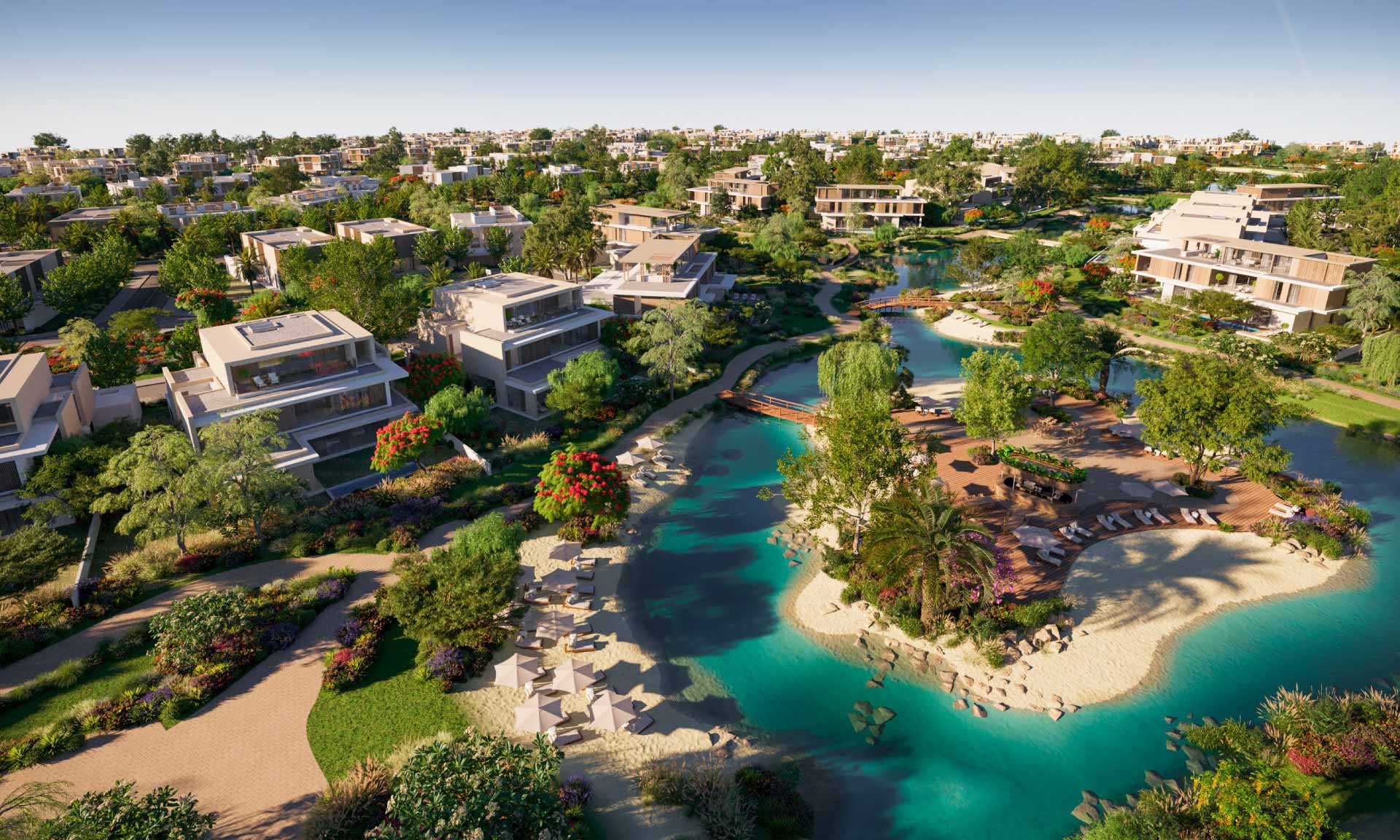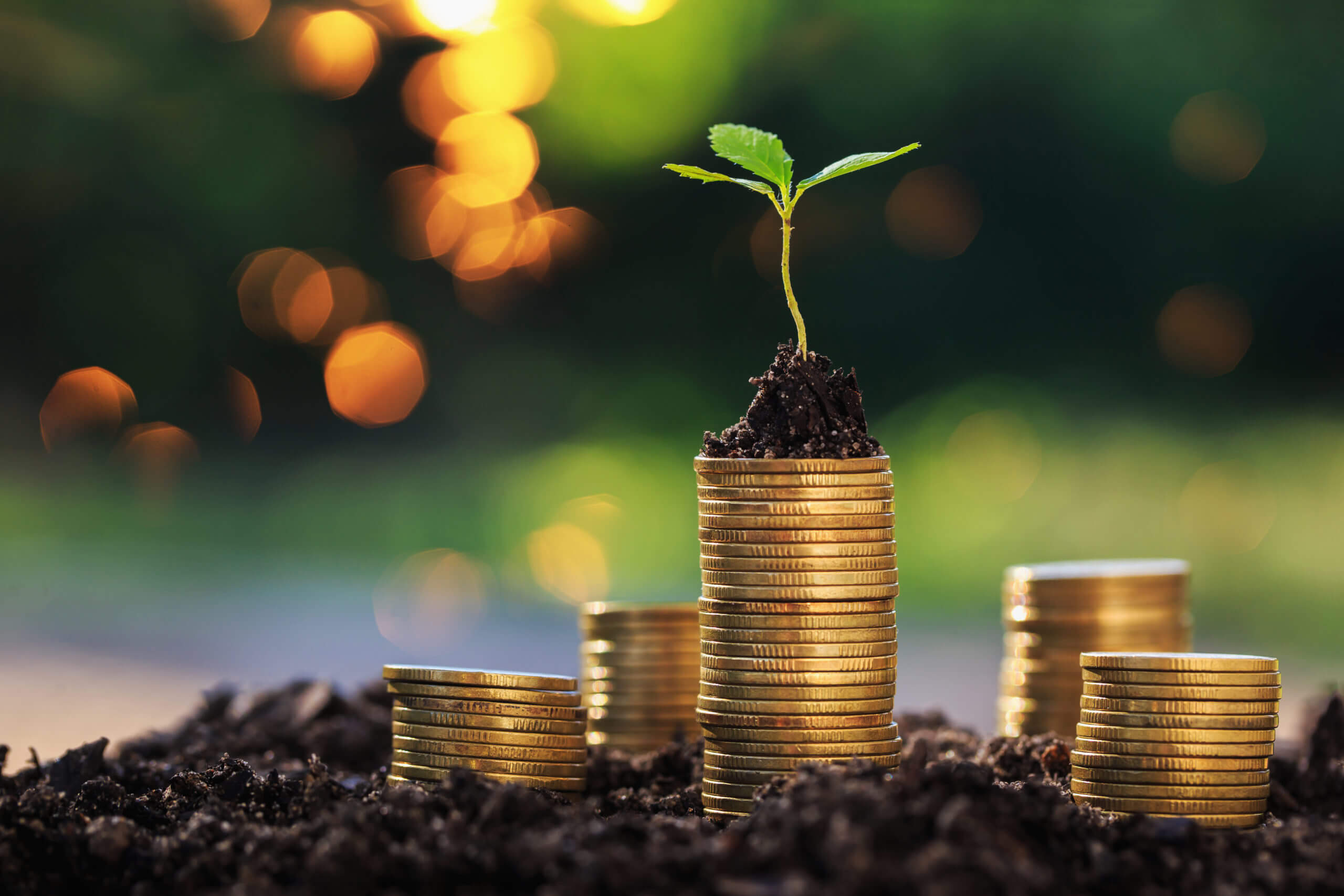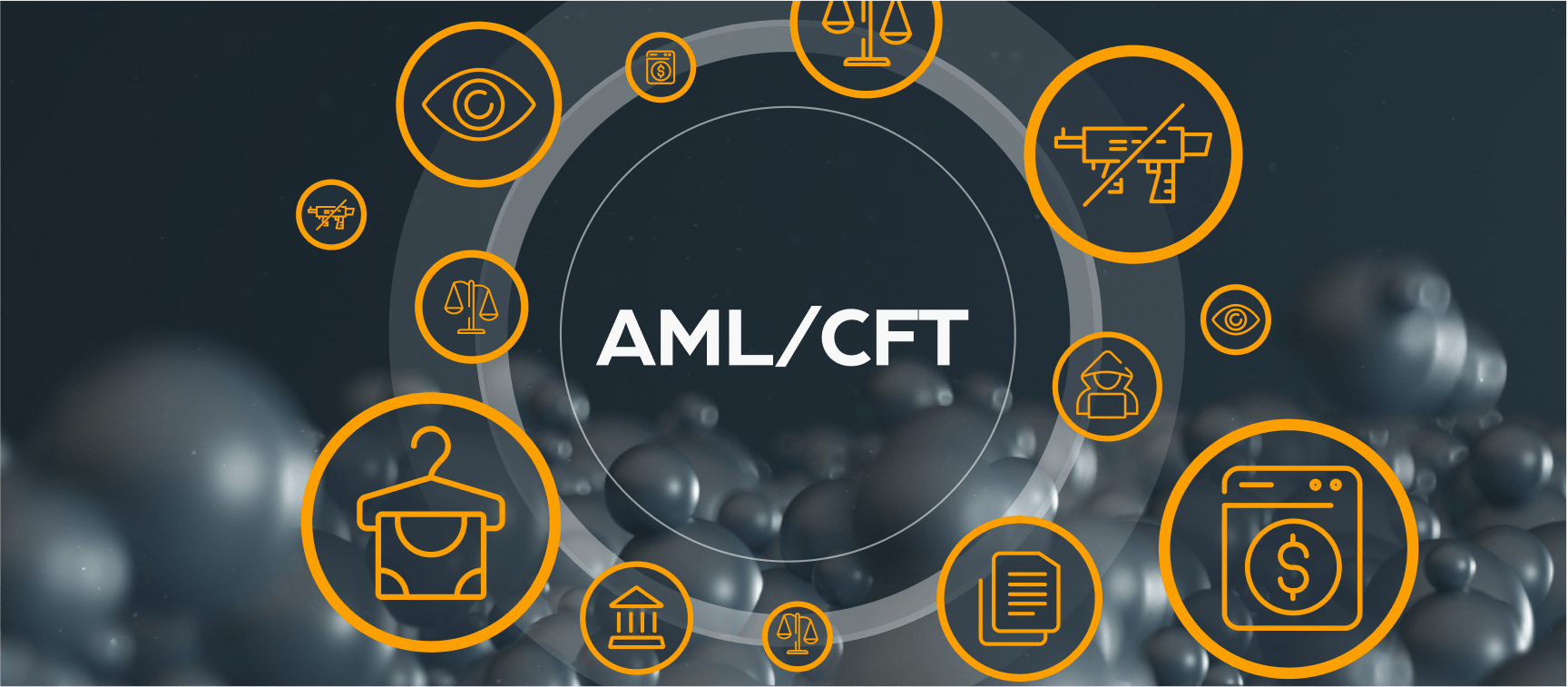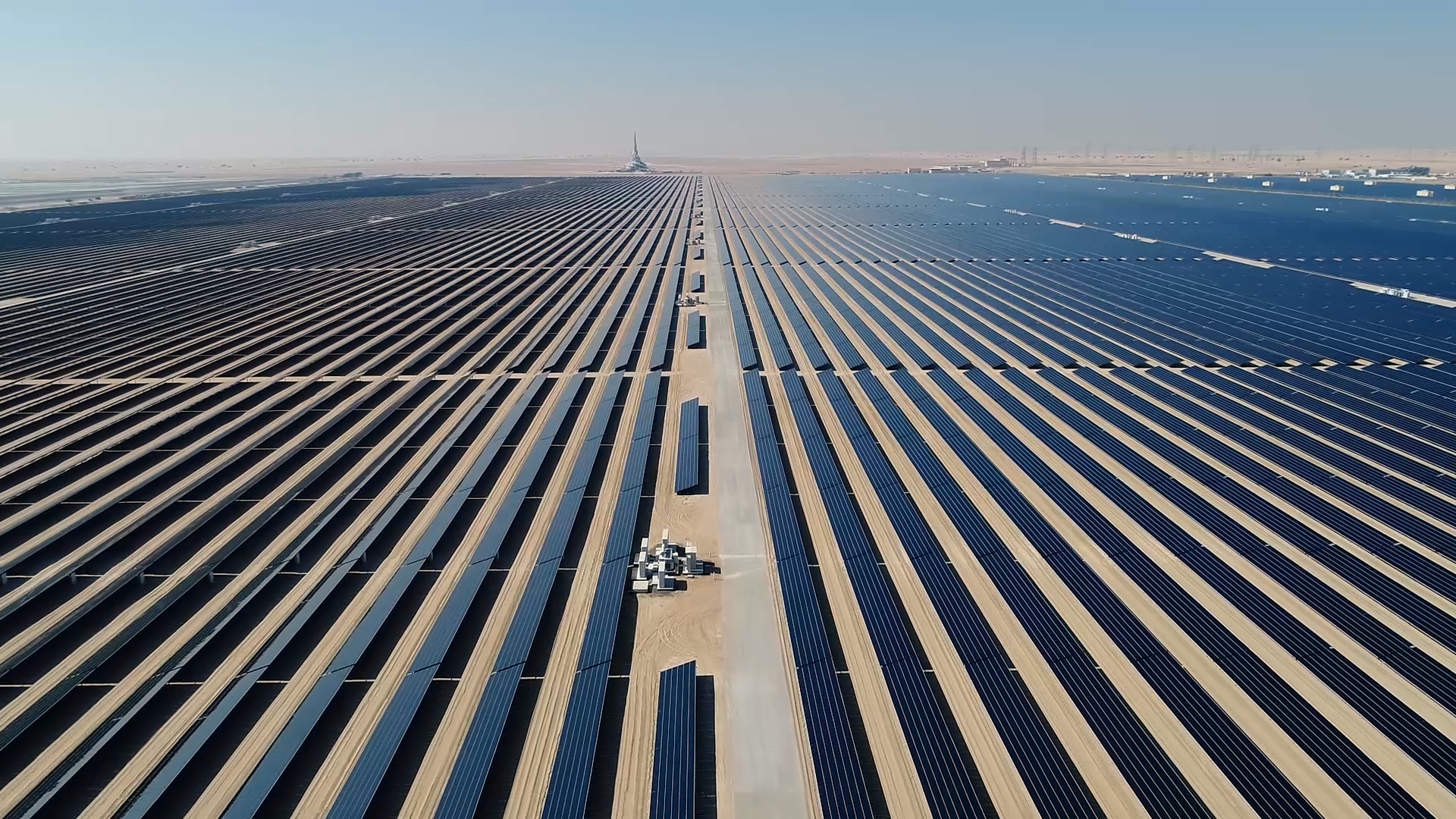Dubai, a thriving cosmopolitan hub, welcomes visitors and residents from around the globe with a variety of visa options tailored to different needs and purposes. Whether you’re planning a short visit, pursuing employment opportunities, or seeking long-term residency, understanding Dubai’s visa system is crucial. Here’s a comprehensive guide to the types of visas available and their respective requirements:
Tourist Visa (Short Stay)
For those looking to explore Dubai’s attractions and culture, the Tourist Visa offers flexibility and ease of application. This visa is typically valid for 30 to 90 days, depending on the issuing authority. Tourists can apply for this visa through tour operators, airlines, hotels, or online platforms. Requirements usually include a passport valid for at least six months, a completed visa application form, proof of accommodation, and travel itinerary details.
Visit Visa (Family and Friends)
The Visit Visa allows individuals to visit family members or friends residing in Dubai. It is available for varying durations, often ranging from 30 to 90 days, and can be extended in certain cases. Applicants must provide a sponsorship letter from their host in Dubai, proof of relationship, and financial means to support their stay. This visa type is ideal for family reunions or extended stays with friends.
Employment Visa
Dubai’s Employment Visa is issued to foreign nationals sponsored by a UAE employer. Prospective employees must secure a job offer from a company registered in Dubai, which will act as their sponsor. The employer initiates the visa process, which includes obtaining approval from the Ministry of Human Resources and Emiratisation (MOHRE). Required documents typically include a valid passport, educational certificates, medical fitness certificate, and a labor contract specifying terms of employment.
Student Visa
Dubai’s Student Visa allows international students to pursue higher education at recognized institutions in the UAE. Applicants must obtain admission to a UAE-based educational institution and be sponsored by the institution or a family member. Requirements typically include a valid passport, proof of acceptance from the educational institution, financial documentation, and a medical fitness certificate. Student visas are usually valid for the duration of the academic program.
Retirement Visa
Recently introduced, the Retirement Visa is designed for retirees aged 55 and above who wish to reside in Dubai. Eligible applicants must meet financial criteria, including proof of pension or retirement income, health insurance coverage, and the ability to sustain their living expenses in Dubai. This visa provides retirees with the opportunity to enjoy Dubai’s lifestyle and amenities.
Investor Visa
Investors and entrepreneurs looking to establish or invest in a business in Dubai can apply for an Investor Visa. This visa is granted to individuals who meet specific financial criteria and contribute to the economic development of the UAE. Requirements may include proof of business ownership or investment, a business plan, and financial statements. The Investor Visa offers longer-term residency options, making it attractive for those seeking to establish a business presence in Dubai.
- 10-Year Golden Visa or Long-Term Investor Visa: The UAE 10-Year Golden Visa, also known as the Long-Term Investor Visa, is designed to attract high-net-worth individuals, investors, entrepreneurs, and specialized talents to the UAE. It offers long-term residency for up to 10 years without the need for a local sponsor. Eligible individuals include those who make significant investments in UAE property, businesses, or other sectors critical to the UAE economy. This visa allows holders and their families to live, work, and study in the UAE, promoting stability and long-term planning for investors and their dependents.
- 5-Year Golden Visa or Property Investor Visa: The UAE 5-Year Golden Visa, also known as the Property Investor Visa, targets individuals who invest in UAE real estate. It provides a renewable residency visa valid for five years, facilitating residency for property investors and their families. This visa supports the UAE’s real estate sector by encouraging foreign investment, while offering holders access to the country’s services, amenities, and business opportunities.
- Company Investor Visa: The UAE Company Investor Visa is for foreign investors establishing or investing significantly in UAE-based companies. It supports business owners and investors by providing residency for themselves and their families. This visa promotes entrepreneurship and business growth in the UAE, offering holders the opportunity to contribute to the economy while benefiting from the country’s business-friendly environment and infrastructure.
Family Visa
The UAE Family Visa allows UAE residents to sponsor their immediate family members (spouse, children, and dependent parents) for residency in the country. It facilitates family reunification, ensuring that residents can live together and access essential services, including education and healthcare. This visa supports family stability and cohesion in the UAE, enabling residents to enjoy a fulfilling family life while contributing to the nation’s social fabric.
UAE Specialist Resident Visa
The UAE Specialist Resident Visa is issued to professionals with specialized skills and qualifications deemed valuable to the UAE economy. It is sponsored by a UAE-based entity and linked to employment in specialized fields like medicine, engineering, technology, and academia. This visa attracts top talent to the UAE, fostering innovation and expertise in key sectors while offering holders and their families long-term residency and career opportunities.
Green Visa
The UAE Green Visa aims to attract skilled professionals, investors, and freelancers to reside and work in the UAE independently of traditional sponsorship. It offers long-term residency without the need for a local sponsor, providing flexibility and autonomy in employment and business activities. This visa supports economic diversification and entrepreneurship in the UAE, empowering visa holders to contribute to the country’s growth and innovation agenda.
Blue Visa
The Blue visa is a new type of residency visa in UAE crafted for those who have significantly contributed to environmental protection and sustainability, both locally and internationally. This encourages talents and professionals in the sustainability field to stretch their limits and chase new career opportunities in the UAE.Not just that, after launching the Blue visa, the demand for professions related to sustainability and eco-systems in the country will surely increase. Consequently, it’s expected to be one of the promising fields as sustainability is one of the high-priority topics for the government’s 2024 agenda.
Choosing the Right Visa
Dubai’s diverse visa options cater to a wide range of purposes, from tourism and family visits to employment and long-term residency. Navigating the visa process involves understanding specific requirements, gathering necessary documentation, and adhering to local regulations. Whether you’re planning a short-term visit or considering a long-term move, Dubai’s visa system offers flexibility and opportunities for individuals and families to experience life in this dynamic global city. Understanding your options and seeking guidance from authorized visa service providers can ensure a smooth and successful visa application process.




